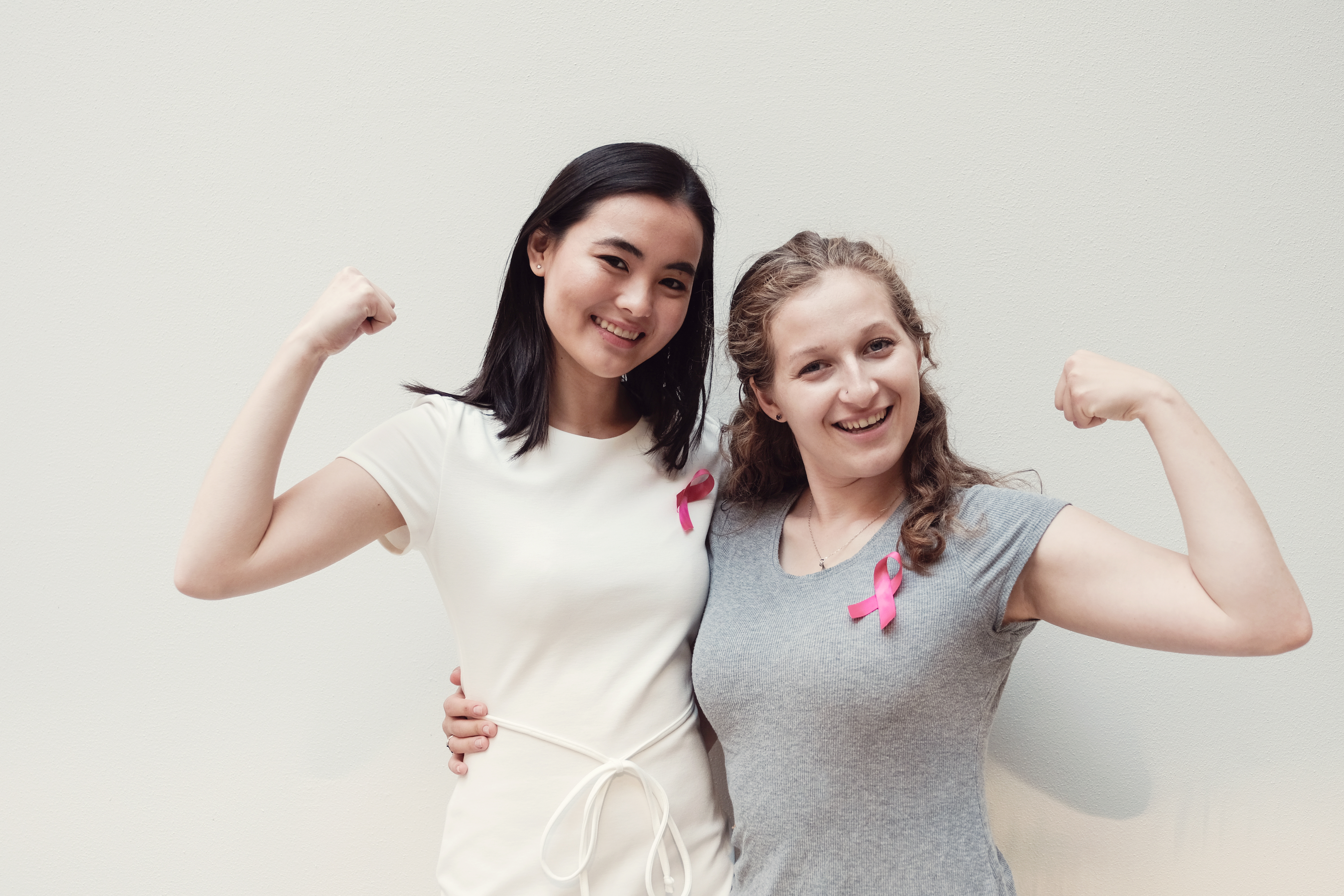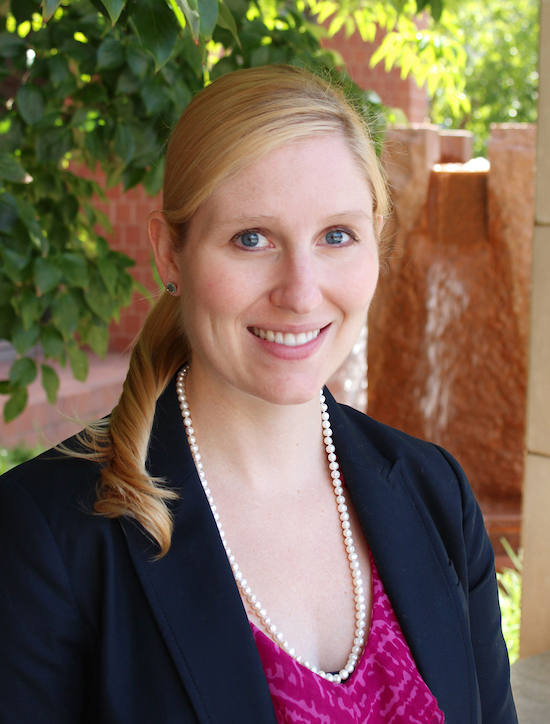
New Brunswick, N.J., October 1, 2025 – More young women are being diagnosed with breast cancer in all racial and ethnic groups than in years past. While most people think of breast cancer as something that happens later in life, experts stress that younger women also need to be aware of their risks, symptoms, and the importance of knowing their own bodies.

Lindsay Potdevin, MD, surgical oncologist in the Breast Cancer Program at Rutgers Cancer Institute and RWJBarnabas Health, notes: “We’re seeing a growing number of younger women facing a breast cancer diagnosis. That shift makes awareness and self-advocacy critically important. If something feels different or concerning, don’t dismiss it, get it checked.”
Being young doesn’t mean you’re not at risk. Too often, young women may ignore warning signs because they assume they are too young for breast cancer. In addition, younger women often have denser breast tissue, which can make it harder to detect abnormalities on imaging or by touch. This can sometimes lead to delayed diagnoses.
Some factors put women at higher risk at a younger age. A woman's risk for developing breast cancer increases if her mother, sister, or daughter had breast cancer, especially at a young age. Additionally, changes in certain genes (BRCA1, BRCA2, and others) increase the risk of breast cancer. In families in which many women have had the disease, gene testing can sometimes show the presence of specific genetic changes that increase the risk of breast cancer.
The Hereditary Oncology Prevention and Evaluation (HOPE) High Risk Clinic at the Jack & Sheryl Morris Cancer Center provides those with high risk due to having a family history of breast or gynecological cancers or a genetic mutation, an opportunity to meet with an oncology nurse practitioner to best weigh options and develop a personalized risk management plan.
Make self-checks a habit. Get familiar with how your breasts normally look and feel. Regular self-checks which include looking in the mirror and feeling for changes in the shower or while lying down can help you notice anything unusual early.
Know the signs and trust your instincts. Early disease usually does not cause pain. As the cancer grows, symptoms may include:
- A lump or thickening in the breast or underarm
- Any change in the size, shape, or feel of the breast
- Nipple changes such as discharge or inversion
- Skin changes on the breast, areola, or nipple (such as redness, swelling, scaliness, or puckering)
Ask your doctor about screening. Screening mammograms typically begin at age 40, but if you have a family history, known genetic risk or other high-risk factors, or notice changes in your breasts, talk to your doctor about getting screened sooner. If you are unsure about breast cancer screening recommendations for your personal situation, discuss with your doctor to make a decision that feels right for you. Learn more at rwjbh.org/mammo.
Rutgers Cancer Institute and RWJBarnababs Health are New Jersey’s only National Cancer Institute (NCI)-designated Comprehensive Cancer Center.
Media Contact:
Krista Didzbalis
Corporate Communications Specialist, Strategic Communications, RWJBarnabas Health
732.507.8307
krista.didzbalis2@rwjbh.org

